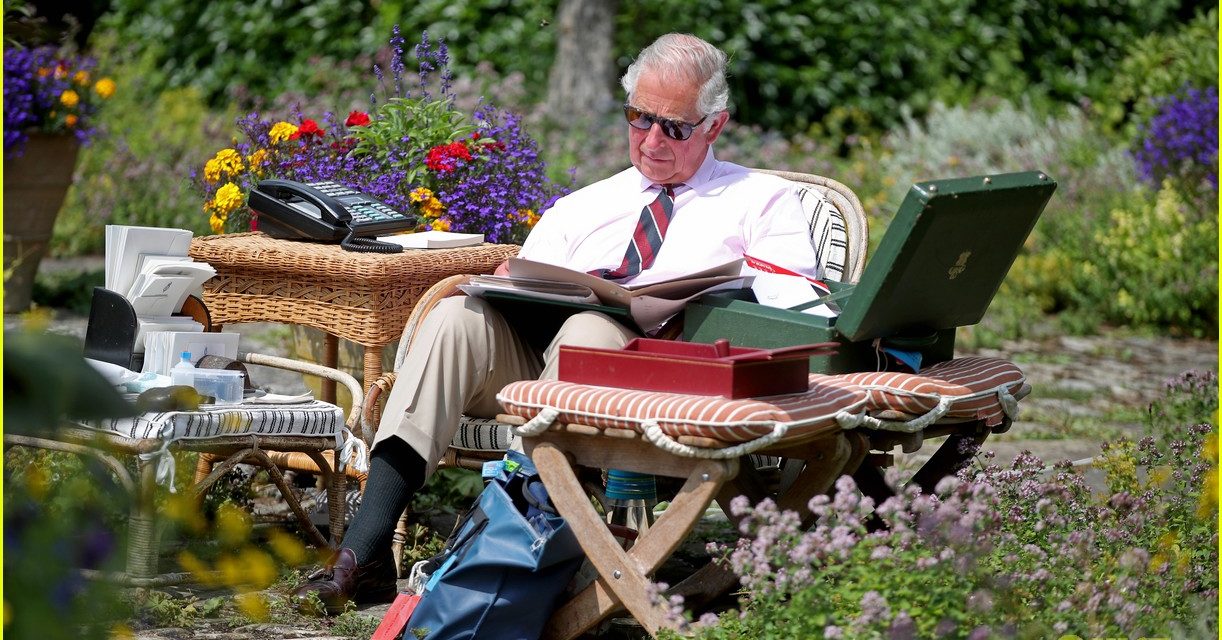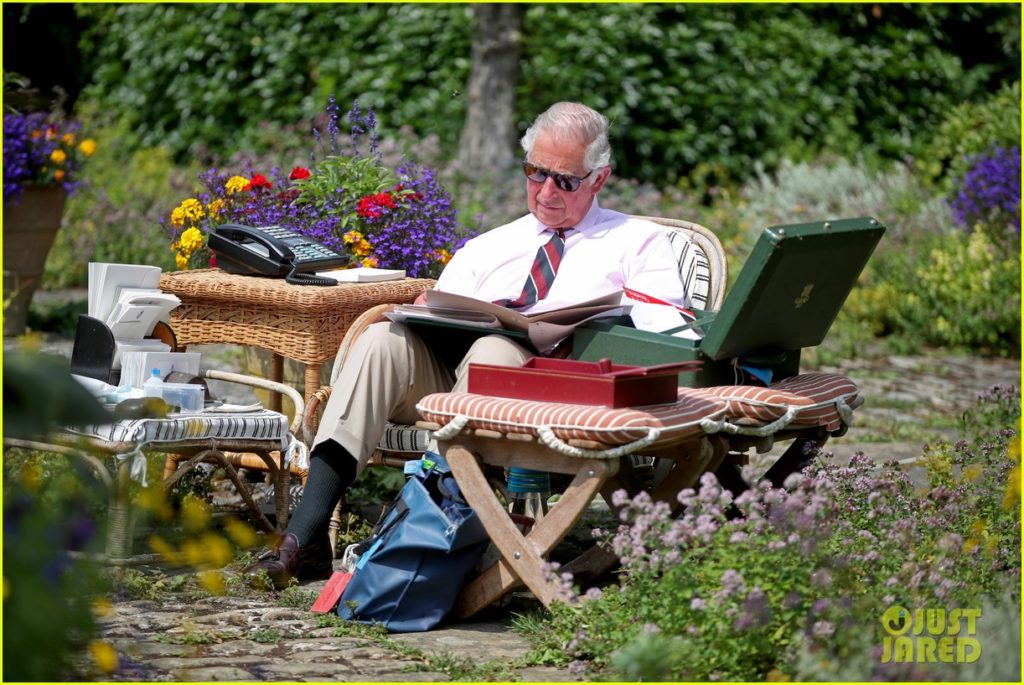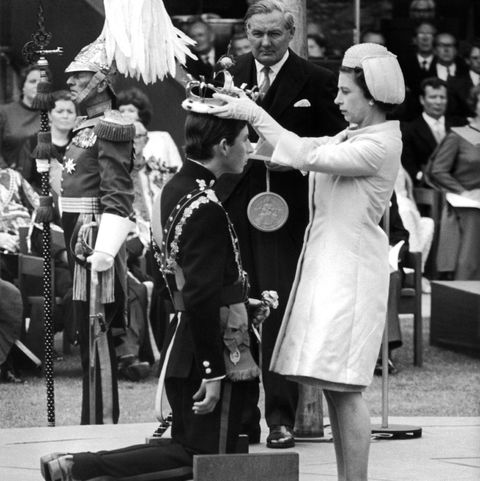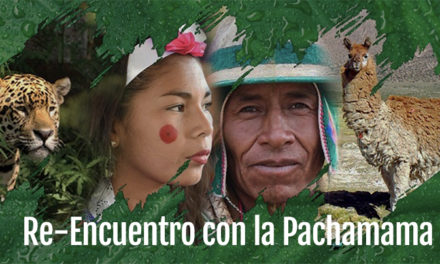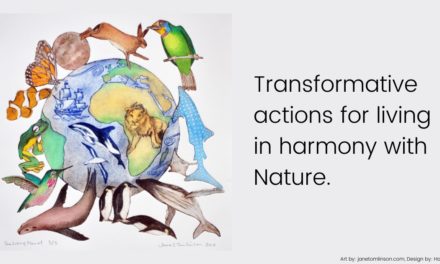Prince Charles of Wales love for Nature is well known. At the One Planet Summit in Paris on January 11th, he presented the ”Terra Carta”, a plan to reunite people and nature, calling on business to provide leadership and resources for transition. The concept of this document is based on the 1215 Magna Carta, the revolutionary treaty between British nobles and their king, handwritten by feudal lords on sheepskin in 1215. It is the foundation for Western legal systems, enshrining the principles that everybody, including sovereigns, are subject to the rule of law and that all citizens have the right to due process—an underpinning of British common law, as well as the US Constitution and the Bill of Rights. The Terra Carta, on the other hand, is a royal initiative which intends to inspire the powers of today – corporations – to commitment to the environment.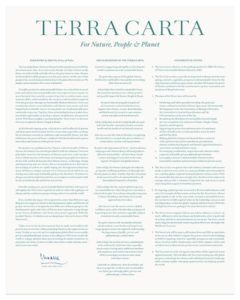
In his foreword, the Prince writes ”If we consider the legacy of our generation, more than 800 years ago, Magna Carta inspired a belief in the fundamental rights and liberties of people. As we strive to imagine the next 800 years of human progress, the fundamental rights and value of Nature must represent a step-change in our ‘future of industry’ and ‘future of economy’ approach. With this in mind, Nature, of which we are an integral part, lies at the heart of the ‘Terra Carta’.
To CNN, in the interview below, he says:
– It seems critical to me now, in the light of how we have treated nature for so long, that Nature herself has her own rights, and we have a responsibility to try to remember them. I have always thought there are sacred aspects in all of this, the more we de-sacralise nature the worse it gets. That is why Terra Carta is of such importance because it shows how we can work with nature, in harmony again, as we always should be doing.
In the midst of our ecstasy over royal endorsement of Rights of Nature, it does not escape us that the Terra Carta is not so little ambiguous about the intrinsic value of Nature and her rights. The rest of the document is replete with talk of natural capital, market incentives and Nature as the ”true engine of our economy”. The sacred is nowhere to be seen. If Terra Carta was to be understood as a document on a par with the magnificient Magna Carta, it would have held on to principles regarding the rule of law for more-than-human beings, protecting the fundamental rights and liberties of Nature. Now we happily turn to the Universal Declaration of the Rights of Mother Earth for that instead.
We still love your initiative, future King Charles! Celebrating with pictures:
